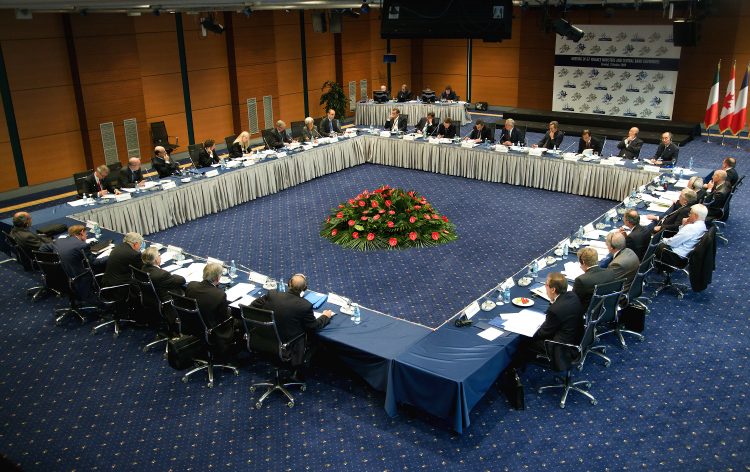States governors anxious about US debt crisis

On Saturday July 16th, several U.S. State governors announced their support for a speedy resolution to the deadlock in Washington over raising the U.S. debt ceiling to avoid what they called an embarrassing default on U.S. obligations.
“This is a dangerous and equally ridiculous situation that’s playing itself out. It takes one sentence to solve this problem — and that’s to lift the debt ceiling,” said Connecticut Governor Dannel Malloy, a Democrat. He also expressed his feeling that Barack Obama and congressional leaders would reach an agreement and the United States would avoid defaulting.
However, many observers say that the financial markets have begun to react to the fear that the Republican and Democrat positions are irreconcilable.
On August 2nd, state governments will find themselves short of money – and therefore at risk of defaulting – unless the legal limit of debt, currently set at 14,300 billion and already reached, is increased.
Several credit rating agencies have already threatened to downgrade US ratings and governors now fear for the ratings of their own creditworthiness.
“I really think we need more statesmen and less politicians in Washington right now because this is a situation that must be solved. And, I honestly believe it will be. Everyone’s posturing — both sides,” Alabama Governor Robert Bentley, a Republican, said in an interview.
A default would be “embarrassing,” said his colleague from Virginia Bob McDonnell, a Republican as well. “At the same time, there’s got to be a recognition that Congress and the presidents have over-spent and over-promised now for 30 or 40 years. And the bills are due,” he said.
“This is big stuff that somebody is playing with, and the fact that it has become a partisan battle … it’s not what’s good for America,” added North Carolina Governor Bev Perdue, a Democrat.
A Moody’s spokesman said the rating agency was “looking at the AAA rated states and will announce any rating actions for states over the next week.”
The main disagreement between the Republican and Democrat camps is on how to implement a reduction of the U.S. deficit.
The president wants a comprehensive program combining lower costs, including those linked to popular social programs, and increased taxes. For their part, Republicans are opposed to a substantial increase in taxes.
For more exclusive Online Forex News, follow us on Twitter or join us on Facebook.



























Comments (0 comment(s))